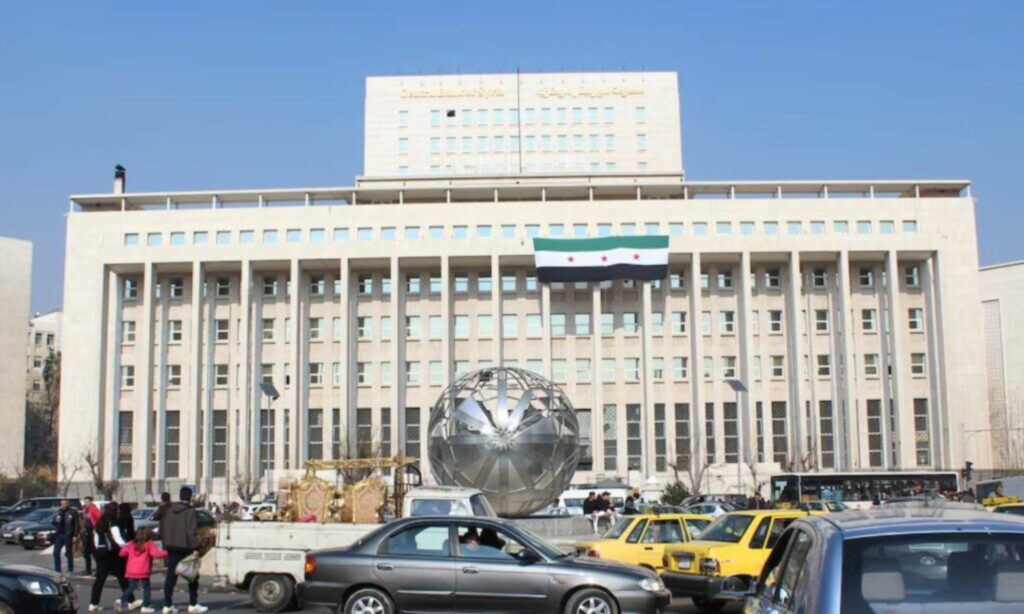On Thursday, February 6, the Central Bank of Syria (CBS) issued a decision regarding the handling of foreign currency by licensed banks authorized to deal with and sell it.
According to the decision signed by the bank’s governor, Maysaa Sabrine, which was reviewed by Enab Baladi, licensed banks are allowed to sell foreign currency for commercial and non-commercial purposes from their own resources. This includes transfers from humanitarian organizations and United Nations agencies, personal transfers, and amounts purchased from natural and legal customers as well as licensed exchange offices.
In the context of settling the liabilities of importers that were financed through the import financing platform, banks are to carry out sales of US dollars as per the customer’s request, offsetting the amount in Syrian pounds from the client’s account against the foreign currency amount being transferred, utilizing the exchange rate provided in the bank’s circular effective on the date of the sale transaction.
Additionally, priority is given to processing transfers for humanitarian organizations and United Nations agencies in either US dollars or Syrian pounds based on the available capabilities of the bank.
The bank confirmed the priority of accounts mentioned in the second paragraph of the decision for selling foreign currency, following a schedule of up to six months, taking into account proportionality in settling these amounts.
Banks are obliged to provide the Government Banking Commission with reports on the amounts specified in the second and fourth paragraphs of the decision according to a template that will be supplied to licensed banks dealing with foreign currency.
This decision comes amid an improvement in the exchange rate of the Syrian pound over the past few days against the US dollar, with the dollar currently trading at 8,900 Syrian pounds for purchase and 9,100 for sale, according to the S-P Today website.
Meanwhile, the Central Bank of Syria maintains an exchange rate ranging between 13,000 and 13,056 pounds, both for selling and buying, a rate that has remained relatively stable since the fall of the ousted Bashar al-Assad regime on December 8, 2024.
However, Syrians have faced difficulties in exchanging funds recently, as the Central Bank refrains from cashing out, while exchange companies have closed due to market fluctuations, a policy experts say aims to “bottle up the pound.”
Conversely, money exchange has recently been taking place on stalls set up in the streets of the Syrian capital, Damascus.
The Central Bank of Syria had directed, the day after the fall of the previous regime, a message to Syrians dealing with all operating banks, assuring them that their deposits and funds held with these banks are safe and will not be subject to harm.

